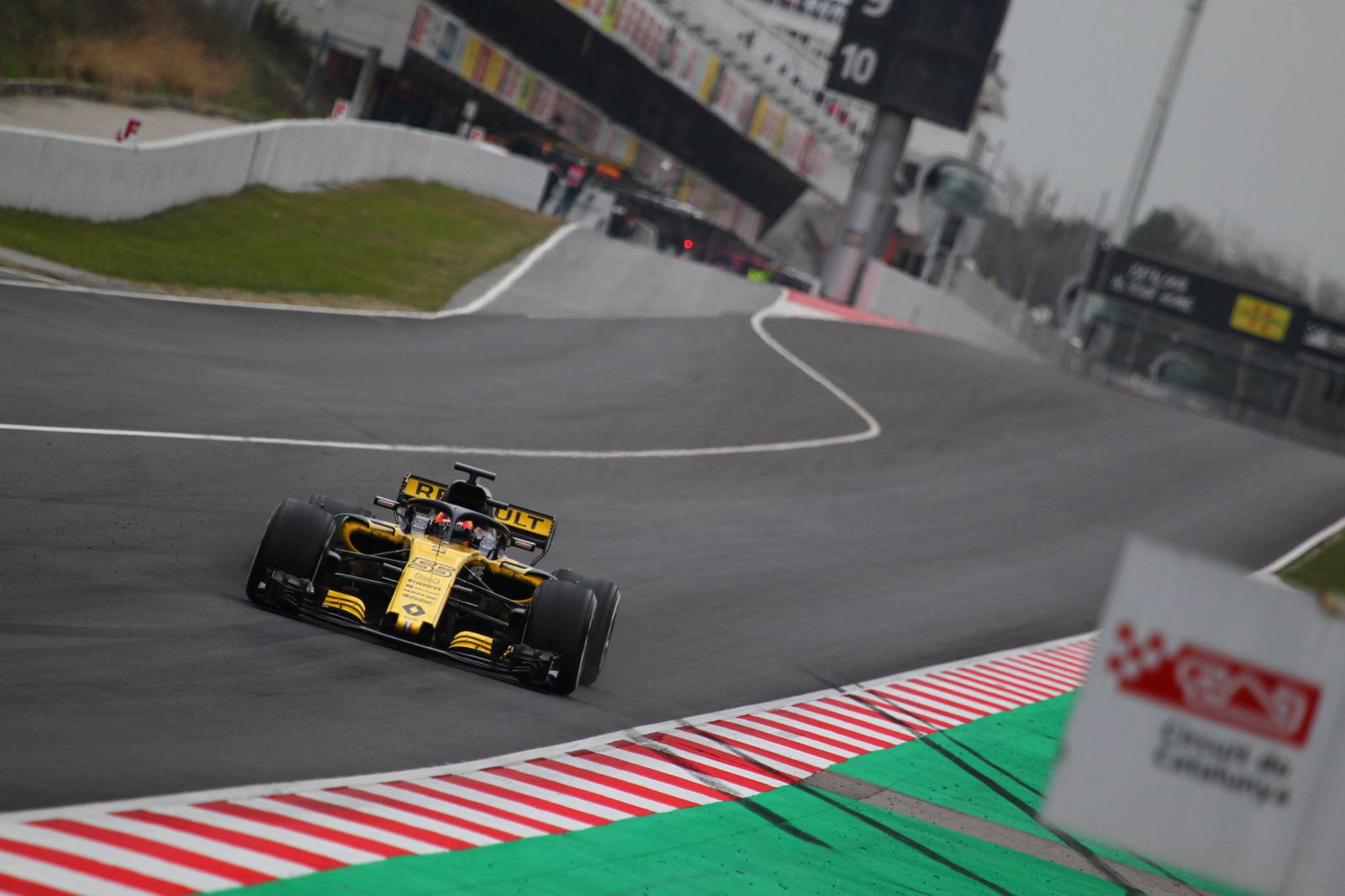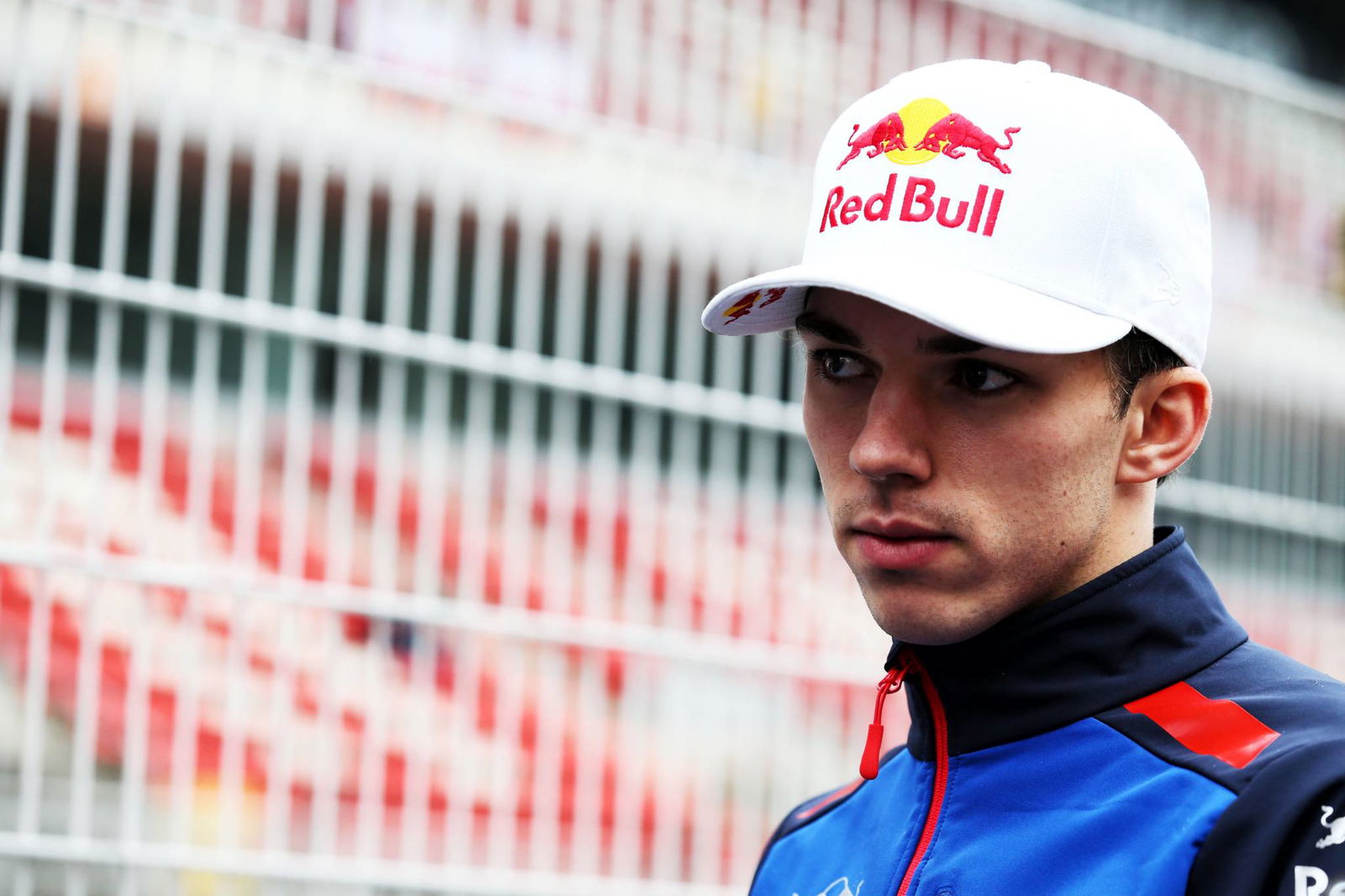Lowe: Heavy F1 cars making the show endurance rather than sprint
Williams technical chief Paddy Lowe is concerned Formula 1’s increasingly heavy cars risk turning the sport from a sprint formula to an endurance event.
For 2018, the FIA has raised the minimum weight limit of F1 cars by 6kgs to account for the introduction of the mandatory Halo cockpit protection device, but teams have estimated the figure could be closer to 14kgs when the device mountings are taken into account.

Williams technical chief Paddy Lowe is concerned Formula 1’s increasingly heavy cars risk turning the sport from a sprint formula to an endurance event.
For 2018, the FIA has raised the minimum weight limit of F1 cars by 6kgs to account for the introduction of the mandatory Halo cockpit protection device, but teams have estimated the figure could be closer to 14kgs when the device mountings are taken into account.
Mercedes technical director James Allison recently revealed the titanium structure needs to be strong enough to withstand the weight of a London double-decker bus, resulting in F1’s 2018 cars undergoing additional chassis strengthening.
In 2008 the mimimim weight limit was 595kgs compared to 2018’s required minimum figure of 734kgs - representing a total weight increase of 139kgs in the last decade alone.
“The weight of the cars has increased dramatically over the last ten years,” Lowe said. “If F1 is really a sprint formula, these cars are meant to be incredibly quick for qualifying and for the race.
“In a one hour and a half, 300km race, it’s relatively short. They’re not endurance cars and yet the weight has increasing to levels that are getting towards an endurance formula rather than a sprint one.”
“It’s important to produce cars that are exciting. This sport is a sport and also an entertainment, and that means we need cars that are exciting to the fans, but also that race competitively so.
“Sometimes those things are in conflict because if you want a lot interest, a lot of variety like maybe we had in the past is what you actually end up with is a lot of difference in performance then you lose the interest of the race.”
Towards the end of 2017 reigning world champion Lewis Hamilton said F1’s new three-engine limit, combined with an increase in weight, will negatively impact on the quality of racing and see the sport head in a similar direction to NASCAR.
With a new set of regulations currently being discussed for post-2021, Lowe has urged F1’s rule-makers to prioritise significantly reducing the weight of future cars.
"You have to find that balance of a formula that is restrictive enough so that the spread of the grid from front to back is not too large so you have close racing, but at the same time, you have variety in the cars, you have excitement in the cars - in their appearance, in the noise they make, in the spectacle you see around corners.
“I think that’s something that needs to be looked at. The lap times are very strong at the moment because we have a lot of power and a huge amount of downforce, higher than ever in history, but the weight is also incredibly high and I think these things ought to be rebalanced.”


